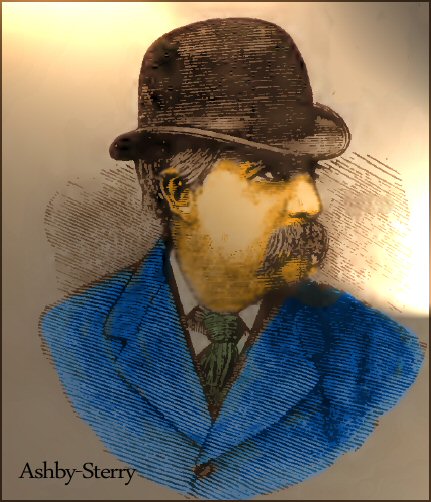
Another poem from The River Rhymer, about a loved girl seen rowing in a boat. The poet longs to join her in her canoe, but it is too small for two persons. CONTINUE READING / CONTINUER LA LECTURE…

Another poem from The River Rhymer, about a loved girl seen rowing in a boat. The poet longs to join her in her canoe, but it is too small for two persons. CONTINUE READING / CONTINUER LA LECTURE…
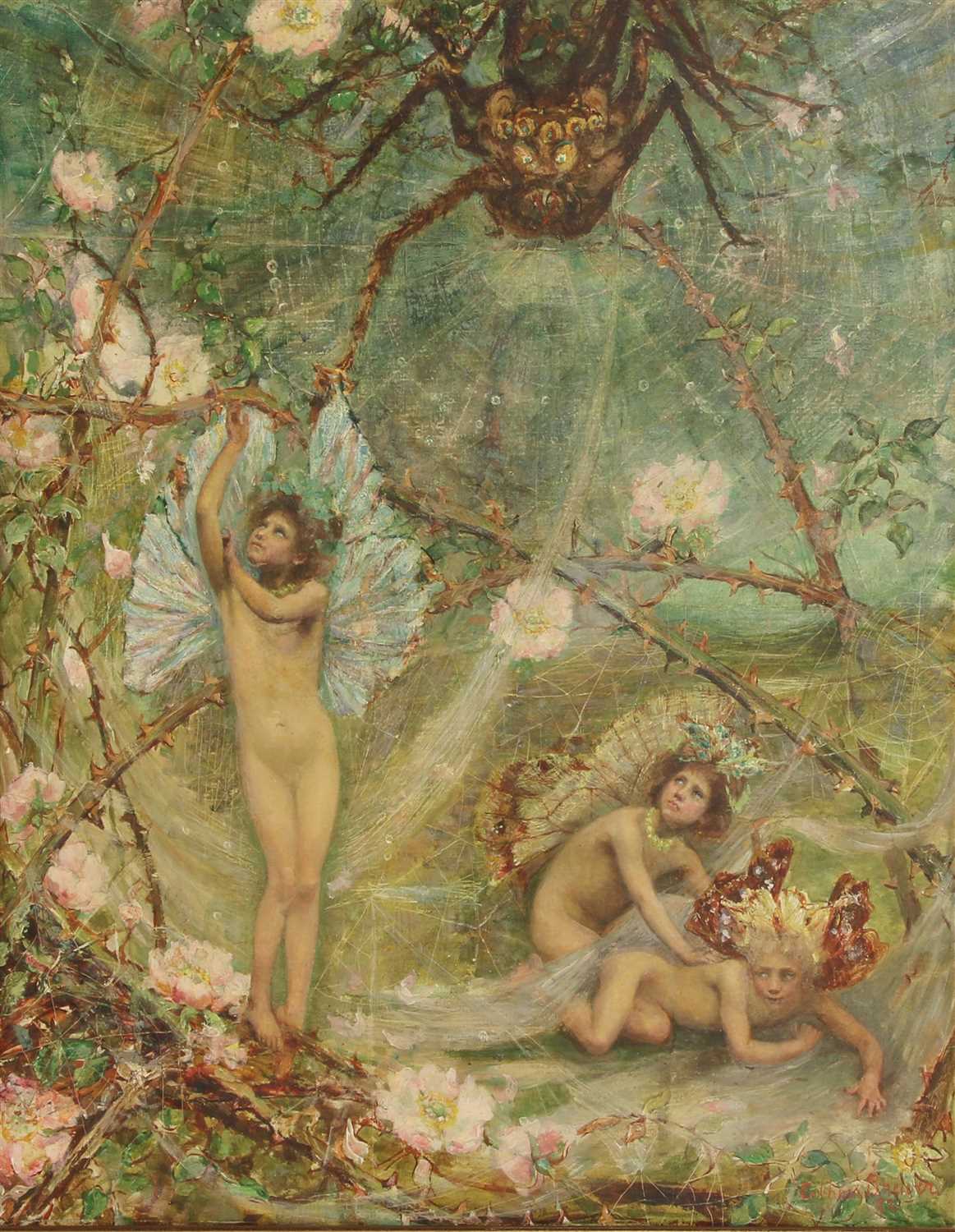
Estelle, Estelle, se dandinant comme un canard, joyeuse à ma rencontre. Estelle, Estelle, sautillant les pieds joints et chantant « Cho — cla, cho — cla, cho — cla ! » CONTINUE READING / CONTINUER LA LECTURE…
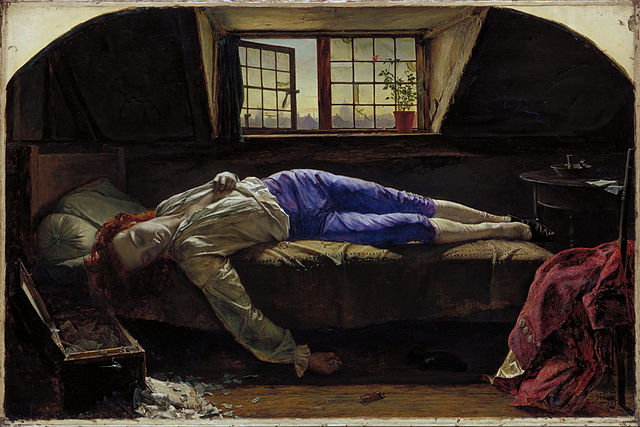
The poet wants to creep into a cavern, fall asleep and die; he feels unworthy of the child’s love, and asks for her forgiveness. CONTINUE READING / CONTINUER LA LECTURE…
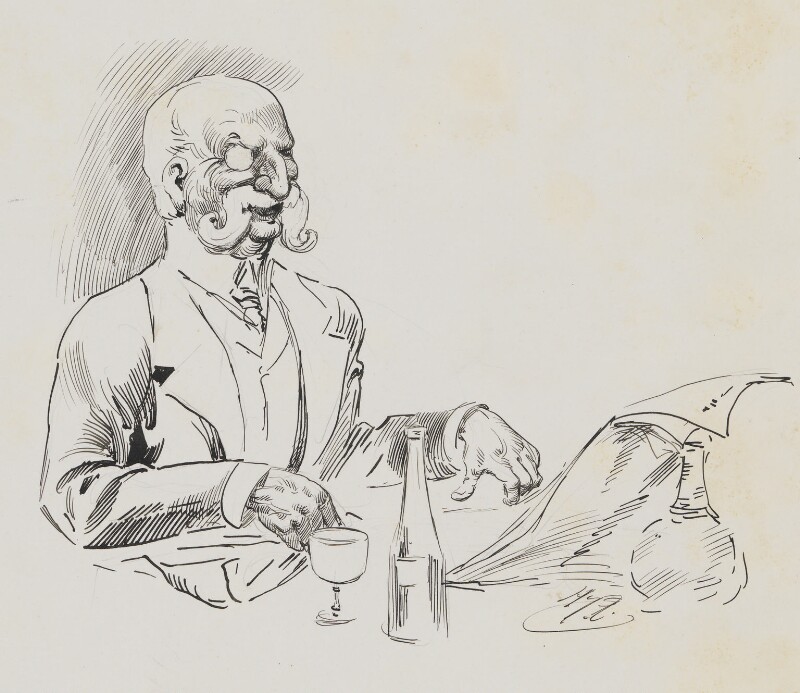
The poems from Boudoir Ballads that we presented have shown the persistent love of Ashby-Sterry for young girls. But the poet had another passion: rivers, boats and rowing. In 1913 he published The River Rhymer, a collection of verse on this topic.
Some of his poems combine both passions, for instance a few ones in Boudoir Ballads told about a young girl loved on a river. I have thus selected three love poems from The River Rhymer, here is my first one: CONTINUE READING / CONTINUER LA LECTURE…
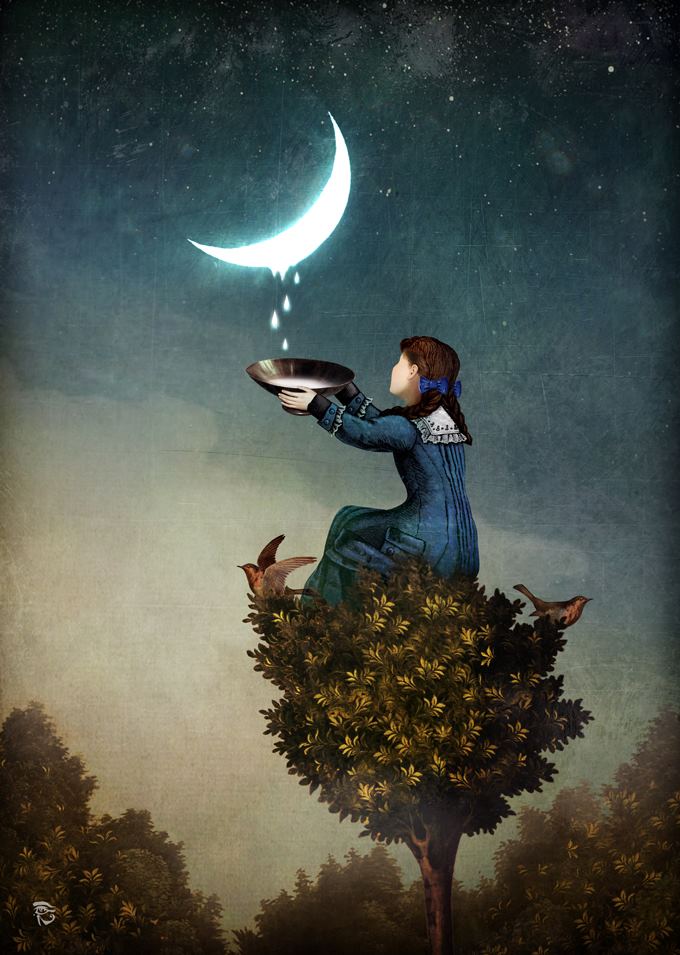
Estelle et Robert se rejoignent sous la lune. Le cœur de la jeune fille déborde de questions auxquelles le sage devra répondre. CONTINUE READING / CONTINUER LA LECTURE…
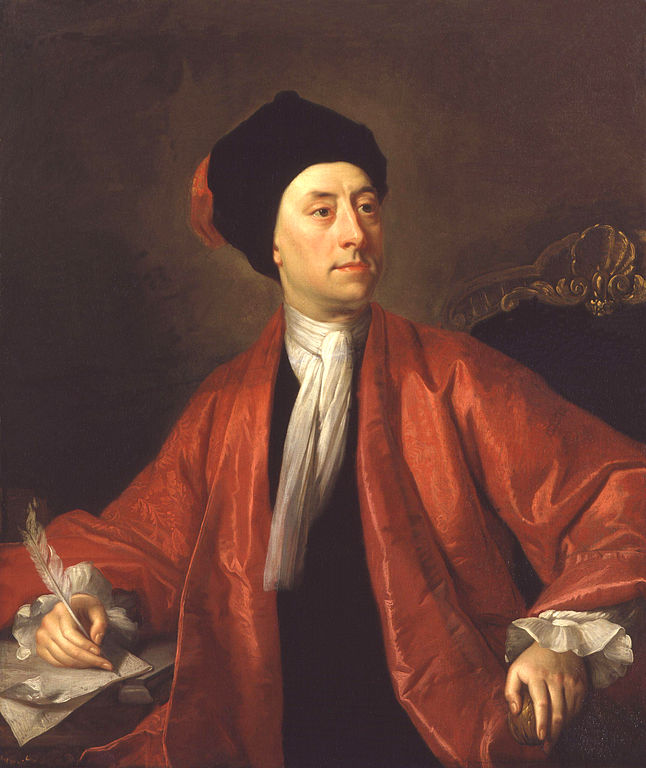
Matthew Prior (1664-1721) was an English poet and diplomat, whose poetry knew fame at the beginning of the 18th century. One of his most famous poems is “To a Child of Quality, Five Years Old, The Author Forty” (1704). Requested to write his love for a 5 years old little girl, he complies, but she cannot read his poems, she plays with the paper on which they are written; when she will reach an age where she can understand them, he will be too old for love. Indeed, as writes Prior’s biography by the Poetry Foundation: CONTINUE READING / CONTINUER LA LECTURE…
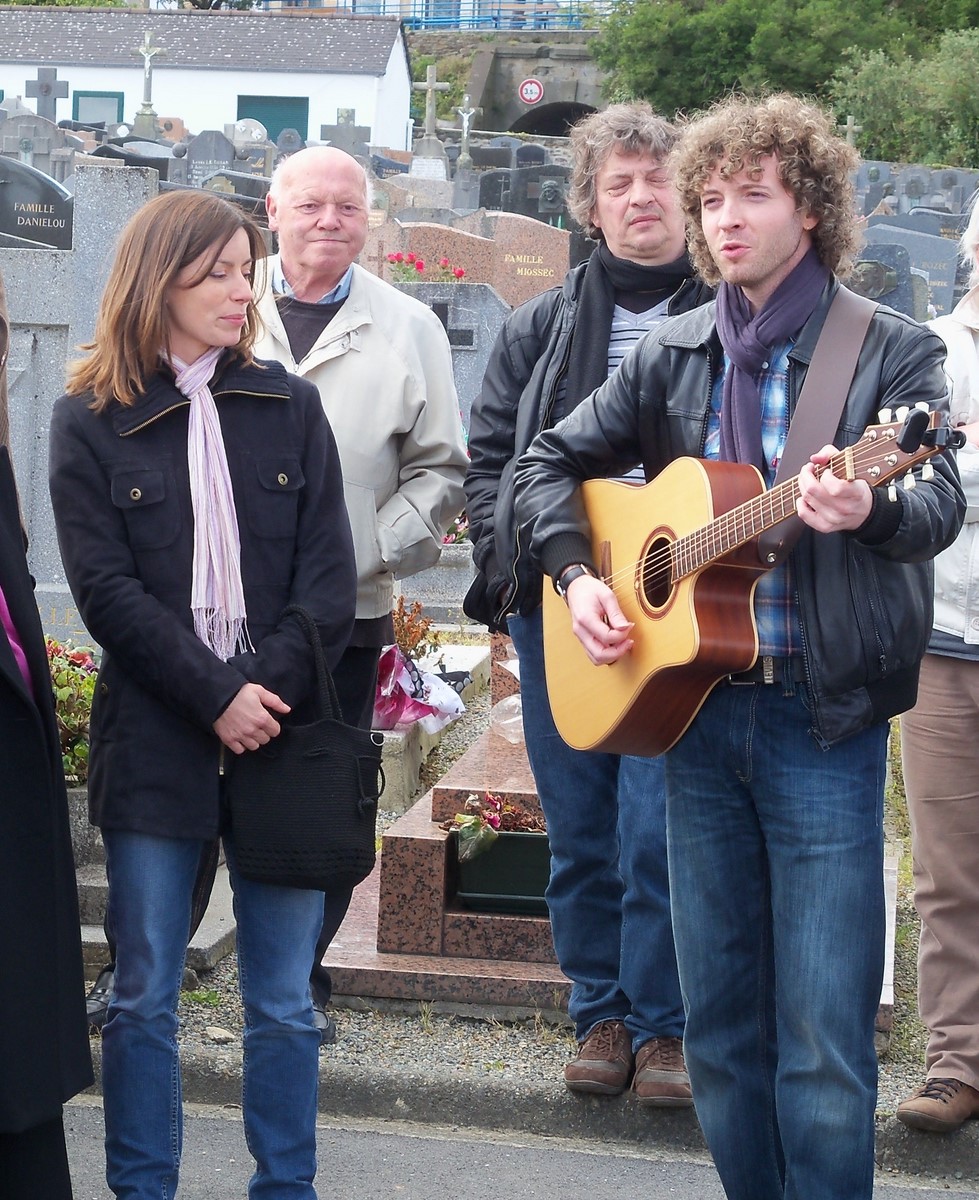
Dans un article précédent, j’ai présenté la chanson « Ma petite fille de rêve » de Jean-Michel Caradec, qui a donné son titre à son deuxième album 33 tours, sorti en 1974, par lequel il connut le succès. Celui-ci comprend d’autres chansons consacrées à l’enfance, comme « La colline aux coralines ». CONTINUE READING / CONTINUER LA LECTURE…
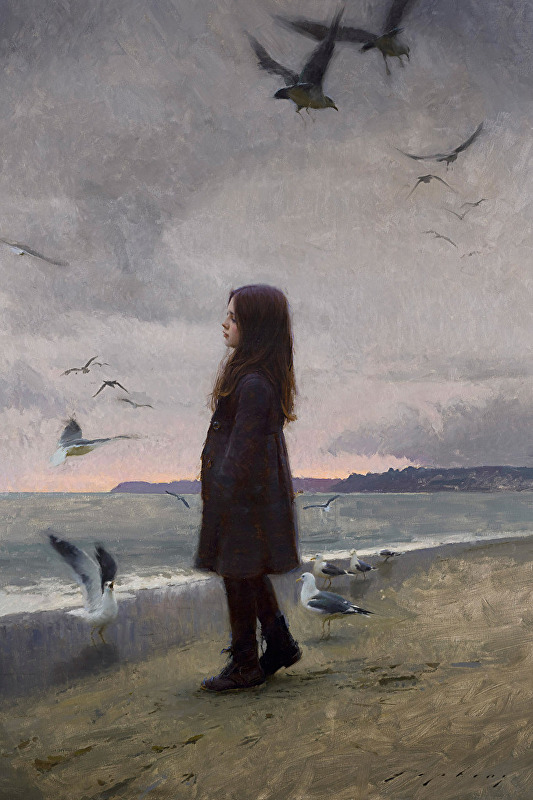
The poet bids farewell to the child whose smile was the sweetest thing in his life, and she will remain his dearest memory. CONTINUE READING / CONTINUER LA LECTURE…

Amour écarlate, doux nectar fondant dans la bouche, répandu sur la couche, délice sans fin. CONTINUE READING / CONTINUER LA LECTURE…

I present today my last selection from Underneath the Bough, a love poem in “The Third Book of Songs” in that collection. It must be understood within the context of the lesbian relation between the two authors, Katharine Bradley and Edith Cooper. The poet loves a silent girl, but “her royal, jewelled speechlessness” does not mean that she does not reciprocate: “It were not right / To reckon her the poorer lover; / She does not love me less.” The two are like birds, looking for intimacy: “what is more dear / Than a cherry-bough, bees feeding near / In the soft, proffered blooms?” The young girl “is a dove” who must liberate herself from barriers and give herself fully to the power of love: “My close-housed bird should take her flight / To magnify our love.” CONTINUE READING / CONTINUER LA LECTURE…